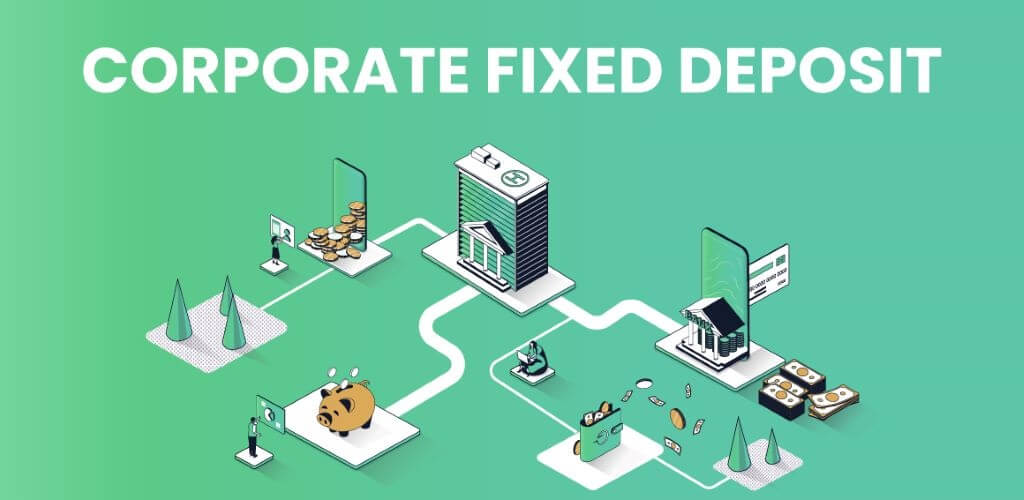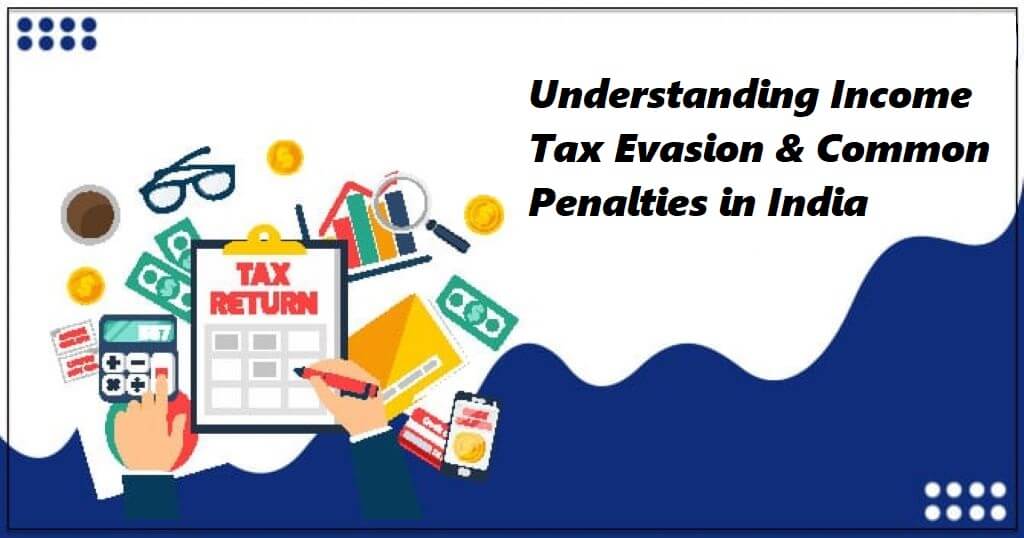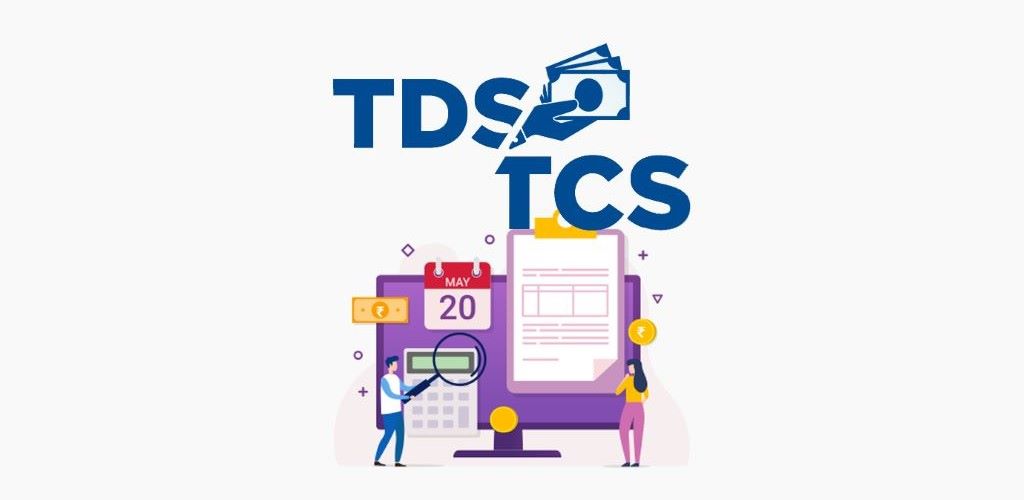The broad adoption of Fixed Deposits (FDs) and gold in India underscores the nation’s inclination towards secure and cautious investment alternatives. For individuals with a risk-averse approach, Fixed Deposits have become a preferred option due to their dependability and assured returns.
While banks remain a favored choice for FD investments, driven by public trust, non-banking financial companies and other entities also offer alternatives in the form of Corporate Fixed Deposits (Corporate FDs).
Corporate Fixed Deposits (Corporate FDs) offer elevated interest rates in comparison to bank Fixed Deposits (FDs). Nevertheless, it’s crucial to delve into the intricacies of the heightened risk associated with Corporate FDs. Let’s explore this in greater detail.
What is a Corporate Fixed Deposit?
A Corporate Fixed Deposit represents an FD scheme provided by corporations. The Reserve Bank of India (RBI) has granted authorization to specific Non-Banking Financial Companies (NBFCs) to accept deposits from the public. Similar to conventional FDs, Corporate FDs serve as conservative investment alternatives.
In the case of Corporate FDs, the company may utilize the deposited funds for various purposes, including expansion initiatives or lending to borrowers. Importantly, the interest rate remains fixed and is not contingent upon the company’s performance in the stock market. This characteristic distinguishes Corporate FDs from certain market-linked investment options, offering investors a stable and predetermined return on their deposits.
Corporate Fixed Deposits operate under the regulatory framework of Section 58A of The Companies Act, 1956. The Reserve Bank of India (RBI) plays a crucial role by providing guidelines that govern the process of companies launching Fixed Deposits.
When companies opt to raise funds through the Corporate Fixed Deposit route, it represents a convenient option for them. This is primarily because such deposits are considered unsecured loans. Unlike secured loans, where the borrower pledges specific assets as collateral, unsecured loans do not have such collateral requirements.
Eligibility Criteria for Corporate FD
Investing in a Corporate Fixed Deposit (FD) can be done through both online and offline channels, offering ease of access for potential investors. To initiate the investment process, it’s important to review the eligibility criteria. Below is a list of individuals and entities that are eligible to apply for a Corporate FD:
- All individuals with the necessary identity and address proofs.
- Members of Hindu Undivided Families (HUF).
- Clubs with proper registration and PAN details.
- Corporates.
- Associations and societies with appropriate registration documents.
- Registered educational institutions.
This comprehensive list ensures that a diverse range of entities, from individuals to organizations, can participate in Corporate FD investments, making it a flexible option for a broad spectrum of investors.
What are the rewards of investing in Corporate FD?
Here are the benefits of considering corporate FDs to invest in.
- Flexibility of Tenure
Corporate Fixed Deposits (FDs) share resemblances with standard FDs; however, they stand out in terms of tenure flexibility. Unlike banks, which often impose fixed tenures for their deposit schemes, numerous corporate FDs provide investors with the option to customize the tenure based on individual financial goals and prevailing interest rates. This flexibility empowers investors to align the duration of their investment with specific financial objectives.
- Assured Returns
Investing in a Fixed Deposit (FD) offers a notable advantage in the form of assured returns. Unlike market-linked investments, the returns from an FD are not dependent on market fluctuations; instead, they are solely determined by the fixed interest rate offered. Corporate Fixed Deposits (FDs) share similar benefits with bank FDs in this regard. An additional advantage of Corporate FDs, akin to bank FDs, is that they operate under the stringent oversight of the Reserve Bank of India (RBI). This regulatory oversight minimizes the likelihood of a corporate entity altering the FD interest rate after the investor has signed up.
- Fixed Interest Rates
The assurance of a fixed income is a significant feature of Corporate Fixed Deposits (FDs). Corporate FD rates typically remain stable and are not subject to frequent changes based on market conditions. This predictability is a key factor that attracts many investors in India to opt for Fixed Deposits, whether they are offered by banks or non-banking financial companies.
The consistency in interest rates provides investors with a clear understanding of the returns they can expect over the tenure of the FD, making it an appealing choice for those seeking stability and certainty in their investment income.
- Premature Withdrawal
One of the significant drawbacks of investing in a Fixed Deposit (FD) is the lock-in period, limiting access to funds for a specific duration. However, Corporate Fixed Deposits (Corporate FDs) offer a potential solution to this concern. Many Corporate FD providers permit premature withdrawal with fewer conditions compared to traditional bank FDs.
- Higher Liquidity
In essence, Corporate FDs strike a balance by providing investors with the advantage of higher liquidity compared to regular FDs, yet their liquidity may not match that of investments with no lock-in periods. Investors should consider their liquidity needs and risk tolerance when evaluating the trade-offs between the lock-in period and the potential advantages of Corporate FDs.
- Rated by Credit Rating Agencies
Credit rating agencies assess Non-Banking Financial Companies (NBFCs), simplifying the decision-making process for investors based on their investment goals and risk tolerance. Typically, Corporate Fixed Deposits (Corporate FDs) with lower credit ratings pose higher risks, but they may also present greater return potential. This information empowers investors to align their investment choices with their financial objectives and risk preferences.
Know these three risks before investing in corporate FD
Listed below are the risks associated with investing in corporate FDs.
- Default risk
In contrast to bank Fixed Deposits (FDs), corporate FDs are unsecured financial instruments. These instruments do not provide guaranteed capital protection or assured interest payments. In the event of a company facing financial distress, an investor may incur losses, as there is no inherent safeguard for the invested capital in corporate FDs.
- Unattractive post-tax returns
Interest earned on corporate Fixed Deposits (FDs) is considered part of the investor’s income and is subject to taxation based on the applicable income tax slab rate. For individuals in the highest tax bracket, corporate FDs may not appear as attractive due to the higher tax implications.
According to the Income-tax Act, 1961, Tax Deducted at Source (TDS) is applicable on the interest earned from a company deposit if it exceeds the limit of Rs 5,000 per year. To mitigate TDS, eligible individuals can submit Form 15G (or Form 15H for senior citizens) to the bank or Non-Banking Financial Company (NBFC) if they meet the criteria outlined in these forms.
- Premature withdrawal attracts penalty
Many companies’ fixed deposits typically impose a lock-in period, often lasting for three months, during which investors are restricted from withdrawing any funds. Even after this initial lock-in period is completed, making a withdrawal before the maturity of the fixed deposit (FD) usually requires closing the entire FD; there is no provision for partial withdrawal.
How to Invest in Corporate FDs?
Investing in Corporate FDs is a relatively straightforward process, and it involves a few key steps:
- Investigate and Select a Company
Look into the many businesses that provide Corporate FDs. A higher rating denotes a reduced risk; look for credit ratings from organizations like CRISIL or ICRA. Select a business that has a stable financial history and is well-known.
- Review the Terms
After deciding on a business, go over the Corporate FD’s terms. Take into account the minimum investment amount, payout frequency, duration, and interest rate. Make sure the terms fit your risk tolerance and investing objectives.
- Fill Out the Application Form
Get the application form from the office or company website. Provide the required information, including your name, address, PAN, and bank account details.
- Submit KYC Documents
The application form must be submitted with the necessary KYC (Know Your Customer) documentation. This usually consists of a picture, address verification, and a copy of your PAN card.
- Make the Investment
Depending on the alternatives available, choose how much you want to invest and pay using a check, demand draft (DD), or online transfer.
- Receive the FD Receipt
Following the processing of your application and payment, you will be issued a Fixed Deposit Certificate or an FD receipt. This document is evidence of your financial commitment.
- Keep an eye on your investment
Remain informed about interest payments and the date of maturity. When the principal matures, reinvest it if it fits your financial objectives.
Who Should Invest in Corporate FDs?
The method of interest payment for company Fixed Deposits (FDs) is adaptable, catering to the diverse needs of investors. Depending on the company’s policy and the investor’s preference, interest can be disbursed at various intervals – monthly, quarterly, half-yearly, or yearly. Additionally, some companies provide the option for interest to be paid at maturity, enabling the investment to grow and compound until the term concludes.
This flexibility in payment modes empowers investors to strategically plan and manage their cash flows, aligning with their specific financial goals and requirements. Given that different companies may have unique policies and offerings, it is advisable for investors to thoroughly review the terms before making an investment decision. This ensures that investors are well-informed and can select a payment frequency that suits their financial strategy and preferences.
Frequently Asked Questions
To apply for a Corporate Fixed Deposit (FD), you typically need a valid government-approved identity and address proof. Acceptable documents may include:
- Aadhaar Card: A unique identification card issued by the Government of India that contains both biometric and demographic details.
- Passport: An official government document that certifies an individual’s identity and citizenship, often used for international travel.
- Voter ID: An identity card issued by the Election Commission of India, serving as proof of an individual’s eligibility to vote.
The option to apply for premature withdrawal of a Corporate Fixed Deposit (FD) is typically available at any time after your investment. However, it’s important to note that penalty charges may apply if you choose to close the FD too soon after the booking date. Additionally, if the FD is prematurely closed before completing 7 days from the date of booking, the bank or the company is generally not liable to pay any interest for the brief period the funds were held in the FD.
Assessing the credit rating of the company offering a Fixed Deposit (FD) is crucial before making an investment decision. A higher credit rating, as determined by credit rating agencies such as CRISIL or ICRA, typically indicates a lower level of risk associated with the FD.
Credit ratings reflect the assessment of the company’s financial health, stability, and ability to meet its financial obligations, including repaying the principal and interest on the FD. It is a valuable indicator for investors to gauge the creditworthiness and reliability of the company.
Cumulative and non-cumulative interest payment options are available. Your returns will be reinvested and paid to you only after the investment matures if you select the first option. If you choose the non-cumulative option, you will get interest payments on a regular basis.
Depending on the firm’s policy, a corporate FD’s minimum duration can vary from seven days to a year.
Depending on the company, company FDs may be paid interest on a monthly, quarterly, half-yearly, annual, or at maturity basis.








